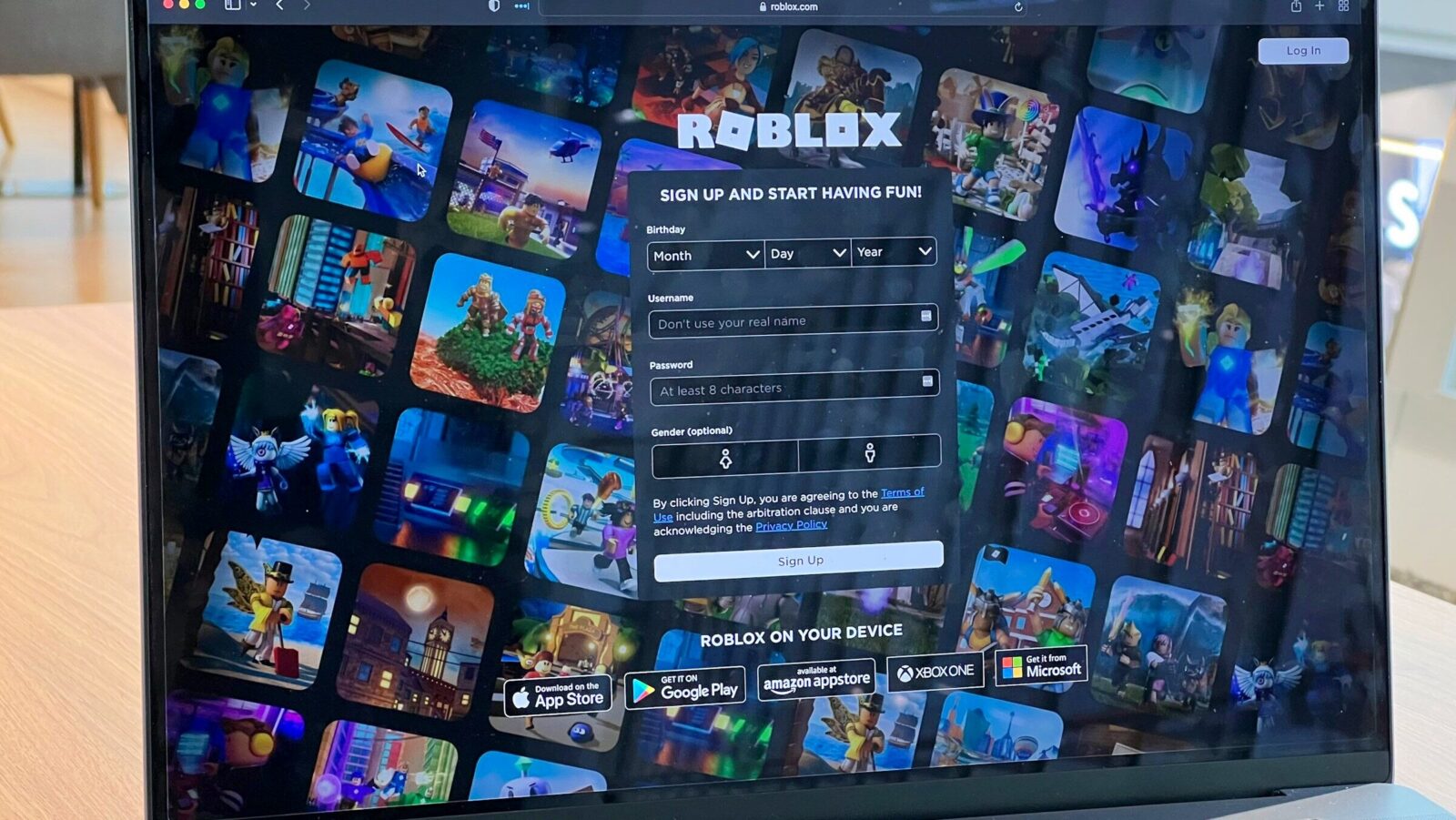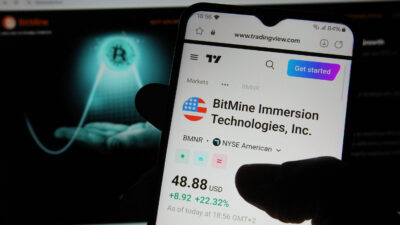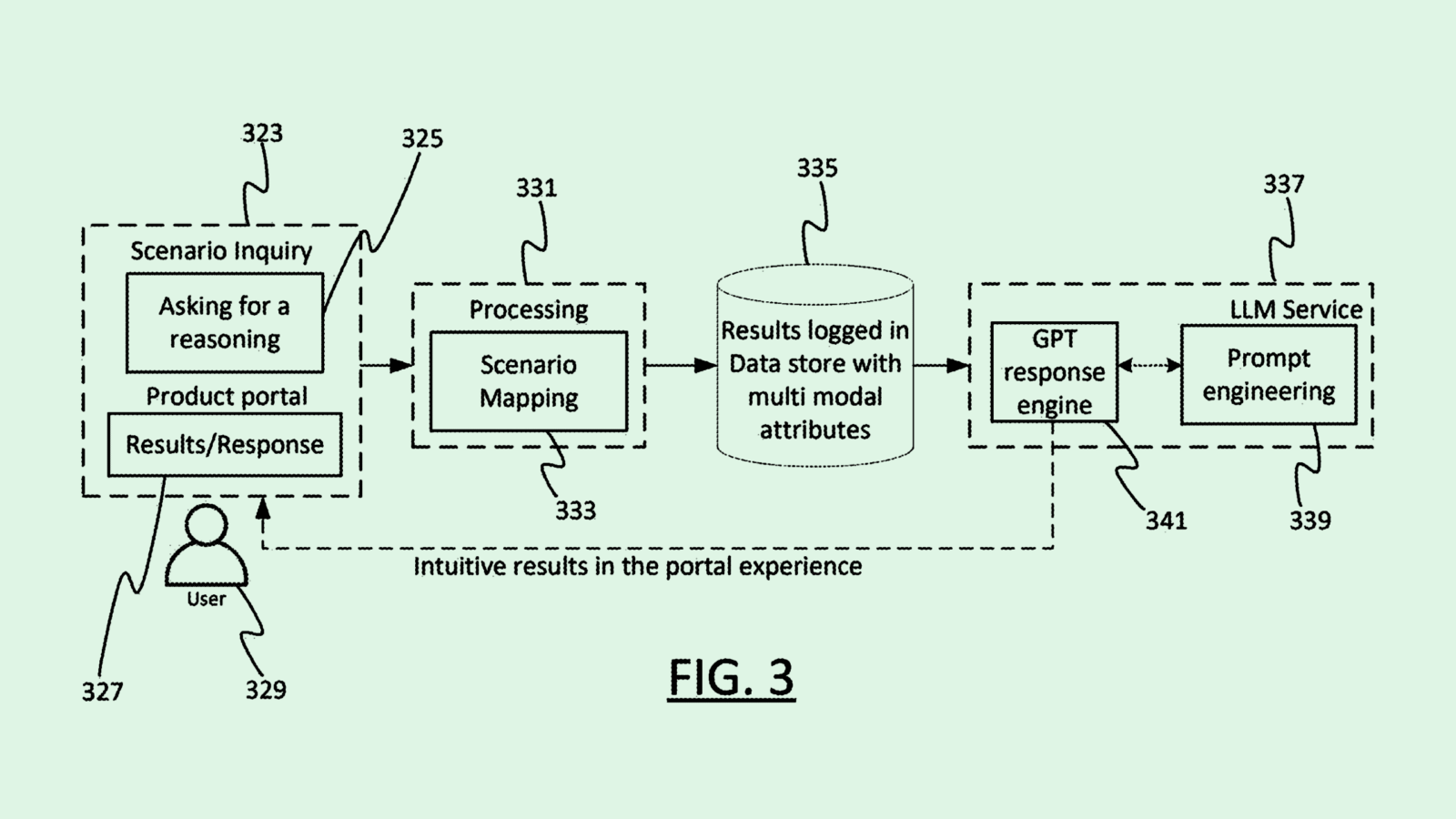
Sign up for smart news, insights, and analysis on the biggest financial stories of the day.
By the end of the decade, Mark Zuckerberg believes smart glasses will be everywhere. He’s also banking on them being able to read your mind…through your wrist.
Yesterday, Zuck’s Facebook unveiled an AR input system that you wear like a watch, and that reads neurological signals sent from your brain to your hands. Not your average fortune teller.
Facebook Breaks The Mold
In recent years, AR headsets have been connected to input systems controlled by voice and video-game style controllers (a la Facebook’s Oculus). But that’s changing because nobody, aside from esports athletes, wants to carry a video game controller everywhere.
Major competitors are making their own way in the space, too. Apple recently filed a patent for an AR smart ring that could fit around one or more fingers. Google-owned FitBit already offers wrist devices that track fitness and receive smartphone notifications.
But Facebook is taking the tech to the next level:
- Its new wristband detects nerve signals, allowing it to read hand motions.
- People can then interact with the virtual world produced by the smart glasses by using their fingers for “intelligent clicks.”
- Eventually, Facebook expects users to complete real world tasks virtually, like typing on a keyboard.
The company believes the wrist is the ideal input point for AR. Finger movements are more private than voice commands. “You actually have more of your brain dedicated to controlling your wrist than any other part of your body, probably twice as many neurons controlling your wrist and the movement of your hands than is actually dedicated to your mouth for feeding and for speech,” said TR Reardon, director of research science at Facebook Reality Labs.
When Can I Have One? Facebook might release AR glasses later this year, and Apple might do the same next year. As for the wristband controlling system? There’s no timeline yet.











